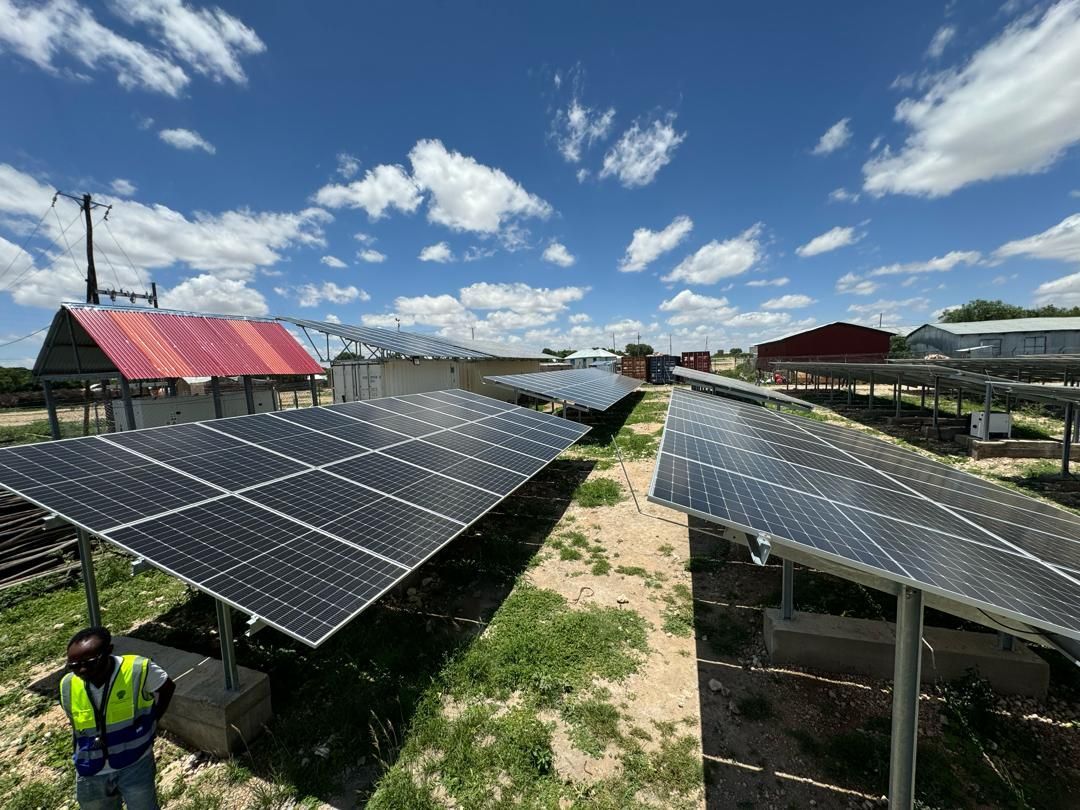Progress for 0 ad


Kaleab Girma
Addis Ababa, Ethiopia

Humanitarian Energy (HumEn), a local private business, has inaugurated Ethiopia’s largest private-led mini-grid at the Sheder Refugee Camp in the Somali Regional State. The 254 kWp solar PV mini-grid will provide clean, reliable, and affordable electricity to around 17,600 people in the refugee and host communities, as well as to businesses and social institutions.
The project cost HumEn, which provides energy to humanitarian settings, 2.6 million dollars. The company plans to scale up operations once the business model’s viability is proven.
According to Desalegn Getaneh, HumEn’s managing director, the mini-grid offers a cost-effective tariff structure. While higher than the rates charged by Ethiopia Electric Utility, it remains significantly cheaper than using diesel generators.
“We operate under two business models,” Desalegn explained. “The first involves providing electricity directly to households and businesses.”
Prepaid smart meters are installed at customer locations, enabling them to monitor and top up their electricity usage conveniently. “Currently, we leverage agents for top-ups,” Desalegn told Shega. “However, we are working to integrate mobile money payments, enabling users to top up themselves.”
HumEn charges 19 birr per kWh during the daytime and 24 birr per kWh at night.
“This translates to an estimated monthly electricity bill of around 1200 birr for a household with three light bulbs, a TV, a refrigerator, and a washing machine,” the managing director added.
HumEn’s second business model caters to humanitarian agencies (UN, NGOs) and their operations. They install standalone solar and battery-based systems.

HumEn is a joint venture between two corporate shareholders. Mercy Corps Global, an international humanitarian organization, holds the majority stake. Rensys Engineering and Trading, an Ethiopian limited company specializing in renewable energy solutions for underserved communities, serves as the minority shareholder.
In 2022, HumEn received the country’s first commercial mini-grid license from Ethiopia’s Petroleum and Energy Authority (PEA). The sector was opened to private investment a year prior.
HumEn chose the Somali Regional State for its initial operations due to the high demand for solar energy solutions and strong support from potential clients.
According to SHARPE, a UK-funded aid project, in 2022, only 10% of households in Ethiopia’s Somali region were connected to the national electricity grid. Meanwhile, the Somali region hosts more than 200,000 Somalian refugees. HumEn aims to bridge this gap by offering clean, high-quality, and affordable electricity services.
The Sheder mini-grid represents the first step for HumEn. They have a plan to expand their services to other displaced communities, aiming to install a total of 2.1 MWp of solar PV capacity in camps located in the Liban Zone, Somali Region, providing electricity access to 130,000 people.
In a follow-up phase, having proved the market viability of the proposed model, HumEn aims to expand to the Gambella region, as well as other parts of the country.